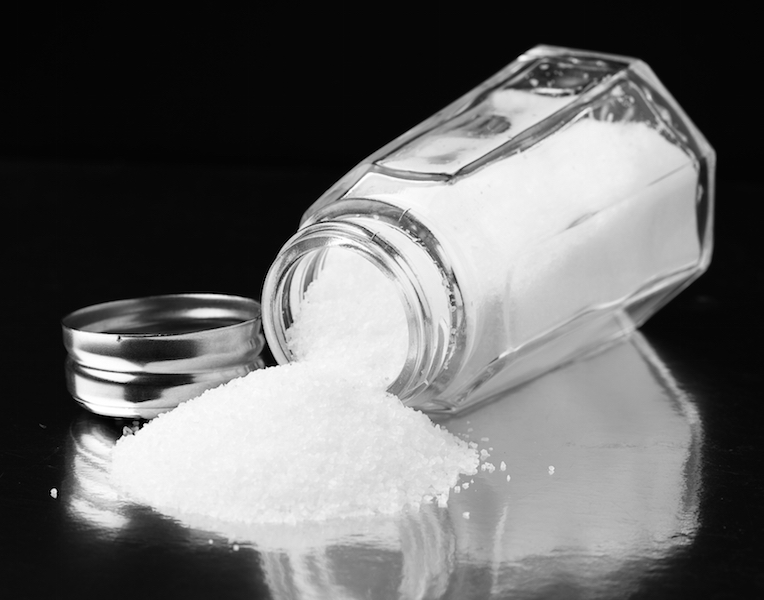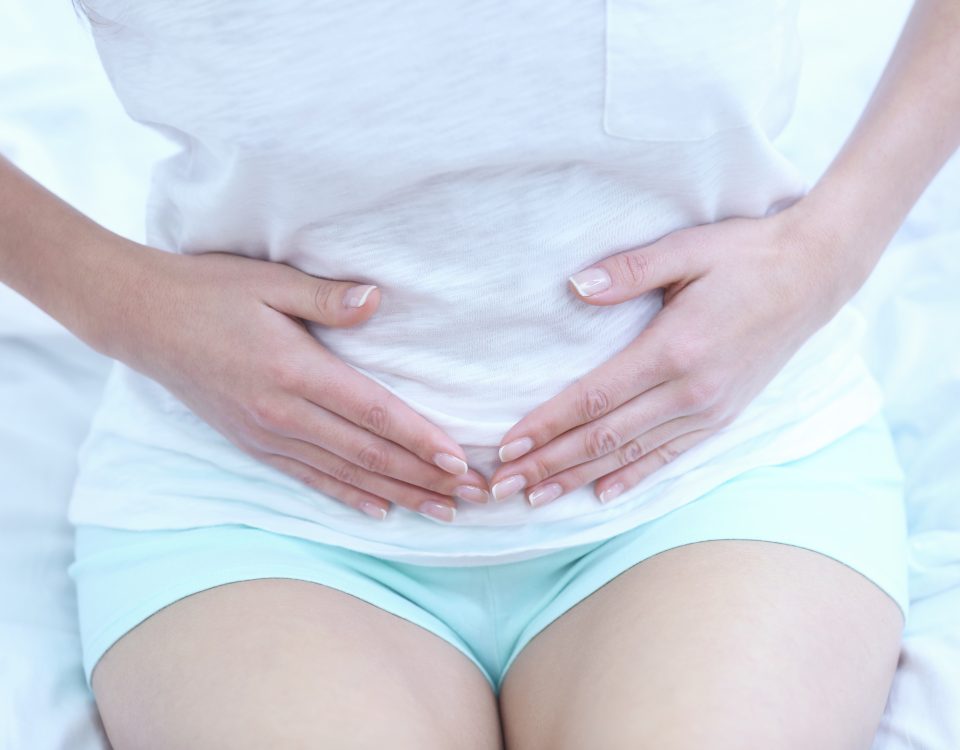- Have any questions?
- 480-767-9018
- support@in-goodhealth.com

Adrenal/Thyroid Connection with Dr. Izabella Wentz
April 21, 2023
Iodine: Not Too Much, Not Too Little
April 25, 2023
Adrenal/Thyroid Connection with Dr. Izabella Wentz
April 21, 2023
Iodine: Not Too Much, Not Too Little
April 25, 2023Hey, there! Dr. Alan Christianson here, and welcome to my indoor writing retreat and sanctuary. I want to take some time to do a few more Q & A’s. You have some great questions, and I love to interact with you, providing clarity in your steps to improve your health.
Here’s a question from Victoria: “How does the adrenal reset diet work for those that have Candida? I am on a Candida diet, and I cannot eat carbs, and I’m trying to figure out what to do.”
Awesome question, Victoria. Yeast is a real thing. Dr. William Crook wrote THE YEAST CONNECTION when it was a new concept, probably back in the 1990’s. There was a lot of opposition to it, arguing a yeast problem wasn’t real. I think there was also a fad stage, when people thought yeast was the cause of every illness. Yeast is not the root cause of every illness, but it is real, impacting the delicate balance of flora in the intestinal tract. That is when your health can really suffer. There are compounds you make in your brain that can make you feel very sedative, depressed, anxious or raise inflammation in your system. In the same way, yeast in the gut causes many conditions. The obvious ones are yeast infections, like vaginal yeast infections or skin or oral thrush, but you can also have yeast overgrowth in the intestines.
So, how does diet affect Candida? Think about cooking with yeast, like baking bread or making beer. (I’ve never made beer, although I’m not opposed to it. I’m not a big drinker myself, but my friends have made it, so I’m familiar with the basic process.) In making beer, you have to use active yeast and get it to grow. To get yeast growing, you need sugar. Sugar is a purified sucrose (table sugar), and if you mix it with yeast in a warm temperature, the yeast starts growing and multiplying. Now, the reasoning behind some of the current anti-Candida diets has been the logic that any type of carbohydrate can grow yeast. It does not work that way.
When using sugar, there are two perspectives: The perspective of a chemist and the perspective of a baker. For a chemist, any kind of carbohydrate could be categorized chemically as a sugar. This is because the chemical make-up of carbs is based on small pieces of sugar attached in various ways to each other (like complex braids or branches). For a baker, it is much simpler. Sugar is the white, powdery stuff used in baking. A baker knows if you take yeast and try to grow it on flour, it will die. You need sugar to get yeast growing. It’s the same way in the intestinal tract. If our diet is very high in simple sugars, it can stimulate yeast and cause it to overgrow. Therefore, one of the main tenants of anti-Candida diets is to avoid sugar.
Complex carbs, like you would get from rice, beans, legumes, potatoes or squash are not sugar to a baker. If you’re trying to bake bread, you can’t put your yeast on rice and have it grow. The yeast will die. It needs sugar. So, all carbs are not equal when it comes to yeast overgrowth. In fact, after eating healthy carbs, some of the types of bacteria you grow actually help kill yeast. Having more of the fiber you can get from carbs (the soluble, insoluble and resistant fibers), is what makes your flora resilient and able to keep yeast in its place.

One thing that acts like sugar is alcohol. Alcohol is like a super sugar. It can also quickly feed yeast if you already have too much yeast.
We actually need small amounts of yeast in the intestinal tract, so you cannot fully eradicate it. It is a normal part of the flora, but you do not want it to overgrow. You want small amounts of yeast and higher amounts of protective bacteria. Paradoxically, carbs are needed for that. Good carbs feed those healthy bacteria. So, you don’t have to cut out all carbs, but I really encourage you to cut out the processed and refined sugars. Fruit juice can act like a refined sugar, and dried fruit is in the gray area but kind of acts that way, as well. Whole fruit will not feed or overgrow yeast. So, my recommendations for dealing with yeast overgrowth are getting rid of processed sugar and alcohol.
There are other foods that have yeast, like fermented foods, vinegar or mushrooms. These will not grow yeast. Test it for yourself: Take a packet of yeast, pour it out and put some vinegar on the yeast. See what happens. The vinegar will kill the yeast because it is acidic. Acid is used to kill yeast. You can even put acidic drops in your ear if you have yeast overgrowth. So, vinegars, mushrooms and fermented foods do not cause yeast to grow—only sugar and alcohol do.
Yeast grows as far as your diet goes. Focus on those good foods to keep yeast in balance. Some people may also need short courses of natural anti-fungals. Garlic and ginger can be helpful. Make sure your flora is in good shape, and you’ll do better without the need for a super-restrictive diet.
Great question, Victoria. This is Dr. Alan Christianson. Take care of yourself, and we will see you next time.

P.S. Whenever you are ready, here is how I can help you now:
- Schedule a Thyroid Second Opinion with me, Dr. C, Click Here for Details
- Need help to choose supplements? Click ‘Help Me Decide Here'
- Get my top books Here
Dr. Alan Glen Christianson (Dr. C) is a Naturopathic Endocrinologist and the author of The NY Times bestselling Hormone Healing Cookbook, The Metabolism Reset Diet, and The Thyroid Reset Diet.
Dr. C’s gift for figuring out what works has helped hundreds of thousands reverse thyroid disease, heal their adrenals, and lose weight naturally. Learn more about the surprising story that started his quest.








